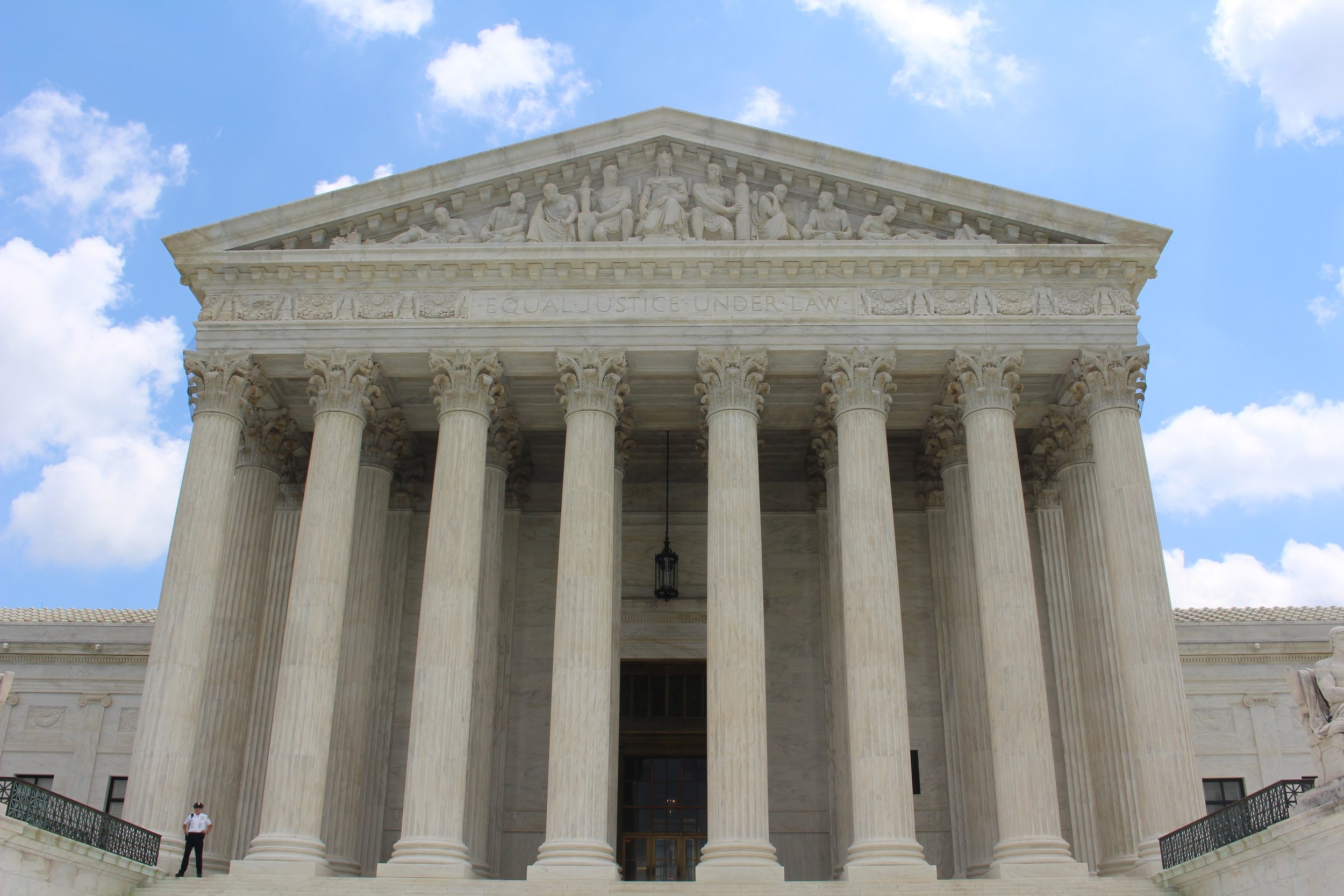Why You Need a Lawyer for Your Habeas Corpus Case
Why You Need a Lawyer for Your Habeas Corpus Case
Blog Article
Understanding the Function of a Post-Conviction Legal Representative in Looking For Justice After a Criminal Conviction
In the complicated landscape of post-conviction legal proceedings, the role of a post-conviction lawyer is crucial in browsing the course to justice after a criminal sentence. Past the boundaries of a test, these attorneys engage in a multifaceted method intended at uncovering brand-new evidence, tough legal errors, and promoting for their clients' legal rights. The intricacies of post-conviction job call for a blend of legal acumen, investigative skills, and calculated thinking to unwind the complexities of a case and go after methods that may have been forgotten or underexplored. As the pursuit of justice extends past the confines of initial process, the function of a post-conviction lawyer becomes a beacon of hope for those looking for to remedy injustices and redeem their rights within the lawful system.
Post-Conviction Lawyer's Investigative Job
Post-conviction attorneys take part in thorough investigative work to reveal brand-new proof, step-by-step mistakes, or misbehavior that could possibly cause reversing a conviction. This investigatory phase is important in the post-conviction procedure as it aims to recognize any type of neglected information or lawful missteps that might have affected the end result of the preliminary trial. Post-conviction lawyers dig into instance files, witness testaments, and legal documents with a fine-tooth comb, browsing for any disparities or irregularities that can be grounds for allure.
Via comprehensive examination, post-conviction legal representatives aim to drop light on possible injustices that may have happened throughout the initial test. By scrutinizing every element of the lawful process, post-conviction lawyers work tirelessly to discover any kind of factors that may have influenced the decision.
Crafting Appeals and Petitions
In the quest of justice after a sentence, skilled lawyers carefully craft charms and requests to existing engaging debates for the reconsideration of lawful choices. Crafting allures and petitions requires a deep understanding of the legal system, attention to detail, and tactical thinking. Post-conviction lawyers evaluate trial records, determine prospective errors or violations of rights, and develop legal arguments to challenge the sentence or sentence.
When crafting an allure, legal representatives concentrate on highlighting lawful errors that may have affected the outcome of the instance. They look into instance regulation, laws, and legal precedents to support their arguments. Applications, on the various other hand, may involve providing new evidence that was not available during the trial or showing changes in the regulation that require an evaluation of the sentence.
Moreover, post-conviction attorneys should adhere to stringent step-by-step policies and target dates when submitting appeals and requests. They should offer their debates clearly and persuasively to convince the court to provide relief to check that their clients. Through careful crafting of appeals and petitions, post-conviction attorneys aim to protect justice for people that have actually been wrongfully founded guilty or unjustly punished.

Pursuing Post-Conviction Alleviation
Post-conviction relief encompasses a range of lawful devices made to test the legitimacy of a conviction or sentence. Post-conviction lawyers play a critical function in browsing these complex procedures, making sure that all legal choices are checked out to fix injustices that may have taken place throughout the trial or sentencing stage.
One usual form of post-conviction alleviation is filing a request for post-conviction alleviation, usually based on claims of inadequate help of counsel, prosecutorial transgression, freshly found evidence, or constitutional offenses. Experienced post-conviction legal representatives possess the abilities and understanding needed to recognize feasible lawful insurance claims, carry out examinations, and present compelling disagreements to secure alleviation for their customers.
Using Forensic Evidence
When testing a conviction or sentence, the critical application of forensic evidence can be an effective device in post-conviction legal procedures. Forensic proof includes a large range of clinical methods utilized to examine criminal offenses and establish facts in court. Post-conviction attorneys can utilize forensic evidence to test the legitimacy of convictions by providing new clinical searchings for that were not readily available throughout the original trial.

Involving in Sentence Modifications
Post-conviction lawyers may explore the possibility of sentence modifications as a legal avenue to address disproportionate or unjust sentences handed down in criminal cases. Sentence modifications involve seeking adjustments to the regards to an offender's sentence after a sentence has actually happened. These adjustments can include decreasing the length of a sentence, altering the kind of penalty enforced, or checking out alternative sentencing options.
Post-conviction lawyers can seek sentence alterations with different legal devices, such as submitting movements for sentence reduction, appealing for compassionate launch, or discussing plea deals for lowered sentences. They need to very carefully evaluate the circumstances of the instance, examine the legal premises for looking for an adjustment, and existing engaging arguments to the court sustaining the requirement for a revised sentence.
Involving in sentence adjustments requires a detailed understanding of criminal regulation, sentencing standards, and the particular treatments associated with seeking post-conviction alleviation. Post-conviction lawyers play a critical function in advocating for reasonable and just results by challenging sentences that are unduly extreme or do not align with the concepts of justice.
Conclusion
In verdict, the function of a post-conviction legal representative is important in looking for justice after a criminal conviction. Via investigative job, crafting appeals and requests, pursuing post-conviction relief, making use of forensic evidence, and taking part in sentence modifications, these legal specialists play an important duty in advocating for their clients and making certain that their rights are maintained within the criminal justice system. Their devotion and know-how are essential in navigating the intricacies of post-conviction process and achieving a fair end result for people facing criminal convictions.
Report this page